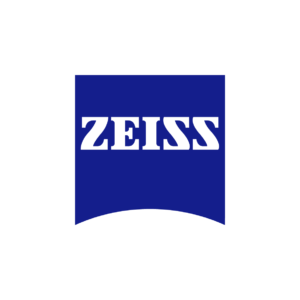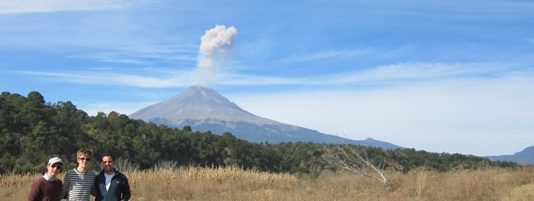The Zeiss Post-doctoral Keynote Award
The Zeiss Postdoctoral Keynote Award may be made annually to the lead author of an outstanding paper on a topic within the VMSG remit, who has also made an exceptional contribution to individuals, the wider research community or broader society, commensurate with their career stage. The Award winner will have the opportunity to present their research as a keynote talk at the annual VMSG conference in January.
An eligible individual may be nominated by one or more nominators OR may self-nominate. Self-nominations are encouraged and whether an application is self-nominated or nominated by others will not be known to the assessment panel or made public. Should a self-nomination win a suitable person will be confidentially engaged by the VMSG awards officer to read the citation.
Please see the Award Guidelines for eligibility criteria and full information.
Nomination is by the identification of one research publication, accompanied by a nomination form that will be assessed in the following areas:
Research paper (70%)
- Novelty, significance or innovation in the research design
- Quality of the research
- Accessibility of the research (e.g., open data and reproducible code)
Exceptional contributions (30%)
- Contributions by the nominee to supporting individuals (e.g., mentorship) or the research community, or to generating impact for broader society.
- Contributions will be evaluated commensurate to career stage
Update text to: Nominations should be made using the Zeiss Postdoctoral Keynote Nomination Form and should be sent to the VMSG Awards Officer (k.j.chamberlain@liverpool.ac.uk) by 15 September 2025. Nominators may be of any career stage, and may include PhD students. The application form must be completed in the third person (he/she/they) regardless of whether it is a self-nomination.
Past winners:
2025: Michal Camejo-Harry

Michal Camejo-Harry (Ascension Earth Resources) was nominated for her recent paper examining the surface deformation of La Soufriere, St Vincent, during the most recent eruptions in 2020-2021 and for her contributions to science communication and risk management through her role as a monitoring scientist within the University of the West Indies Seismic Research Centre. Michal’s work is an exemplar for the value of integrating multiple monitoring datasets to improve our understanding of eruptive processes.
2024: Martin Mangler

Martin Mangler (University of Durham) was nominated for their paper, “Variation of plagioclase shape with size in intermediate magmas: a window into incipient plagioclase crystallisation”. Martin gave a keynote talk at VMSG2024.
2023: Nick Barber

Dr. Nick Barber (Washington & Lee University) received the Zeiss Postdoctoral Keynote Award for his paper “Amphibole control on copper systematics in arcs: Insights from the analysis of global datasets” which you can read here, as well as being recognized for his outstanding academic achievements and wholehearted support of budding geologists in his community.
2022: Penny Wieser

Penny Wieser (UC Berkeley) was the award winner of the VMSG Zeiss Postdoctoral Award. Penny was a postdoc at Oregon State University and is now Assistant Professor of Igneous Petrology & Volcanology at UC Berkeley. A summary of her work can be found here. At January’s vVMSG2022 Penny gave an invited keynote presentation for her winning abstract on ‘Thermobar: an open-source Python3 tool for thermobarometry’. Thermobar, which can be found here, is a user friendly open-source tool allowing for rapid assessment of mineral-mineral or mineral-melt equilibrium and subsequent pressure-temperature calculations.
2021: Jamie Farquharson

Jamie Farquharson (Niigata University) was awarded the Zeiss Post-doctoral Keynote Award, and gave an invited keynote presentation for his winning abstract on assessing rainfall-induced volcanic hazard. You can read his paper here.



